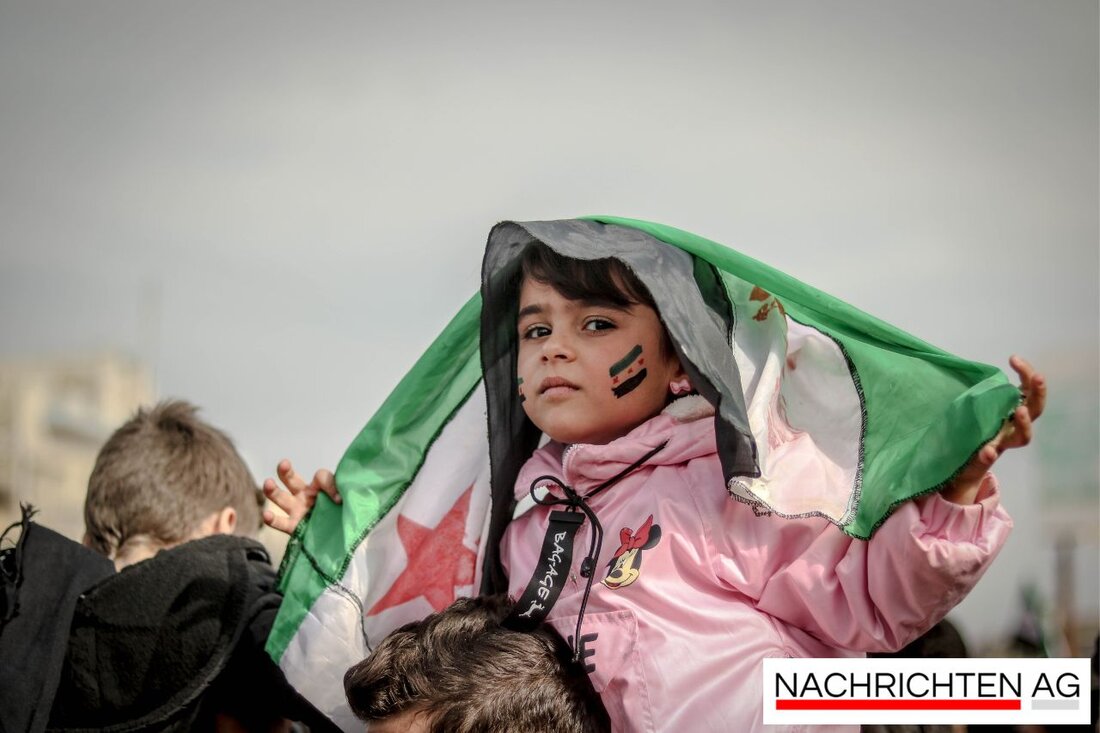Help for single-parent refugees: Job center starts information event
On June 13, 2025, the Vorpommern-Greifswald job center will support 250 single-parent refugees in their search for jobs in Torgelow.

Help for single-parent refugees: Job center starts information event
What is happening in Western Pomerania, especially in Torgelow? Here, around 250 single-parent refugees receive support in finding jobs. An information event recently took place in the multi-generational house, which was organized by Ramona Steinau, the equal opportunities officer at the Vorpommern-Greifswald job center. Job center spokeswoman Kerstin Herms was pleased with the great interest that the event had aroused among the participants.
The challenges for single migrant mothers are diverse. Cultural and language barriers, discrimination and a lack of support with childcare represent major hurdles. Job center managing director Christian Gärtner emphasized how important it is to provide individual support to the women affected. Many of them have not completed any training and struggle with communication difficulties and family obligations.
Individual support for refugee mothers
Orientation in a new life and labor market system is often anything but easy for these mothers. This makes the job center's offerings, which include information about child care, individual advice, qualifications and job placement, all the more important. Ramona Steinau sees herself as a confidant for women and also offers support in sensitive areas such as domestic violence, health and education. She currently supports single women from eight different countries, including Syria, Afghanistan and Eritrea.
The integration of refugee women into the labor market is not only crucial from a social perspective, but also economically important. According to the Federal Agency for Civic Education, access to the labor market is often difficult for refugee women, which is associated with a lower employment share between men and women. While 70 percent of asylum seekers were employed in their country of origin, many women in Germany struggle with language and cultural barriers and often find themselves in jobs with lower qualification requirements.
A look at the numbers
The developments since the peak of immigration in 2015 are remarkable. Around 1.5 million people applied for asylum in Germany between 2013 and 2016 alone. Politicians have responded to this: institutional changes and funding were initiated to accelerate the labor market integration of asylum seekers. Many asylum seekers, especially those with protection status, now have unrestricted work permits. Some are allowed to work before a decision on their asylum application is made, provided the immigration authorities agree.
It is important to mention that language skills and social contacts significantly increase employment opportunities. Nevertheless, it remains to be said: Despite positive developments, we still have a large discrepancy in labor market participation between women and men. For example, only less than 30 percent of refugee women have found a job after five years, while the employment rate for men is around 60 percent.
In summary, one thing is certain: the path to integration into the labor market is anything but easy for refugee women. Support like the one in Torgelow is therefore not only desirable, but necessary in order to tackle this social challenge together. The integration of disadvantaged groups into the labor market is and remains a key task that concerns everyone.

 Suche
Suche
 Mein Konto
Mein Konto